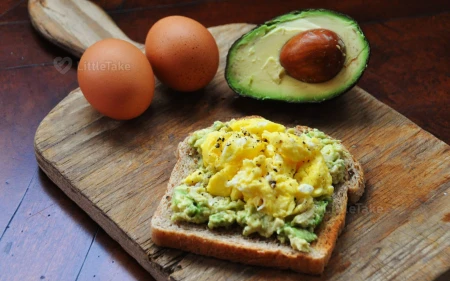
Debunking Weight Loss Myths: Discover the Truth Behind Common Misconceptions
When it comes to weight loss, there's no shortage of myths and misconceptions that can leave people feeling confused and overwhelmed. In this article, we'll debunk some common weight loss myths and provide accurate information to help you make informed decisions about your health and fitness journey.
Myth 1: All Calories Are Created Equal
Truth: While it's true that a calorie is a unit of energy, not all calories are created equal when it comes to their impact on your body. Different foods have varying effects on your metabolism, hunger hormones, and overall health. Focus on consuming nutrient-dense, whole foods that provide essential vitamins, minerals, and fiber, rather than solely relying on calorie counting.
Myth 2: You Must Eliminate Carbs to Lose Weight
Truth: Carbohydrates are an essential macronutrient and your body's primary source of energy. Cutting out carbs completely is not necessary for weight loss and can lead to fatigue, nutrient deficiencies, and an unsustainable diet. Instead, focus on choosing complex carbs like whole grains, fruits, and vegetables, which provide sustained energy and promote feelings of fullness.
Myth 3: Eating Late at Night Causes Weight Gain
Truth: Weight gain is primarily determined by the total number of calories consumed versus calories burned throughout the day, rather than the timing of your meals. While it's true that late-night snacking can lead to overeating, if you're mindful of your portion sizes and choose healthy options, you can still enjoy an evening snack without derailing your weight loss efforts.
Myth 4: You Must Exercise for Hours to Lose Weight
Truth: While exercise is important for overall health and can support weight loss, it's not necessary to spend hours at the gym to see results. Short, high-intensity workouts like HIIT or circuit training can be just as effective as longer, lower-intensity workouts. Additionally, incorporating more daily movement, such as walking or taking the stairs, can also contribute to weight loss.
Myth 5: Fat-Free or Low-Fat Foods Are Always Healthier
Truth: Fat-free and low-fat products often contain added sugars, artificial sweeteners, or other unhealthy additives to compensate for the lack of fat. Consuming healthy fats from sources like avocados, nuts, and seeds is essential for overall health and can actually support weight loss by increasing satiety. Focus on reading food labels and choosing minimally processed, whole food options.
In conclusion, debunking weight loss myths can help you make informed decisions about your health and fitness journey. By understanding the truth behind these misconceptions, you can create a sustainable and effective weight loss plan that works for you. Remember, weight loss is a personal and unique journey – focus on what works best for your body and lifestyle, and be patient as you progress towards your goals.


















